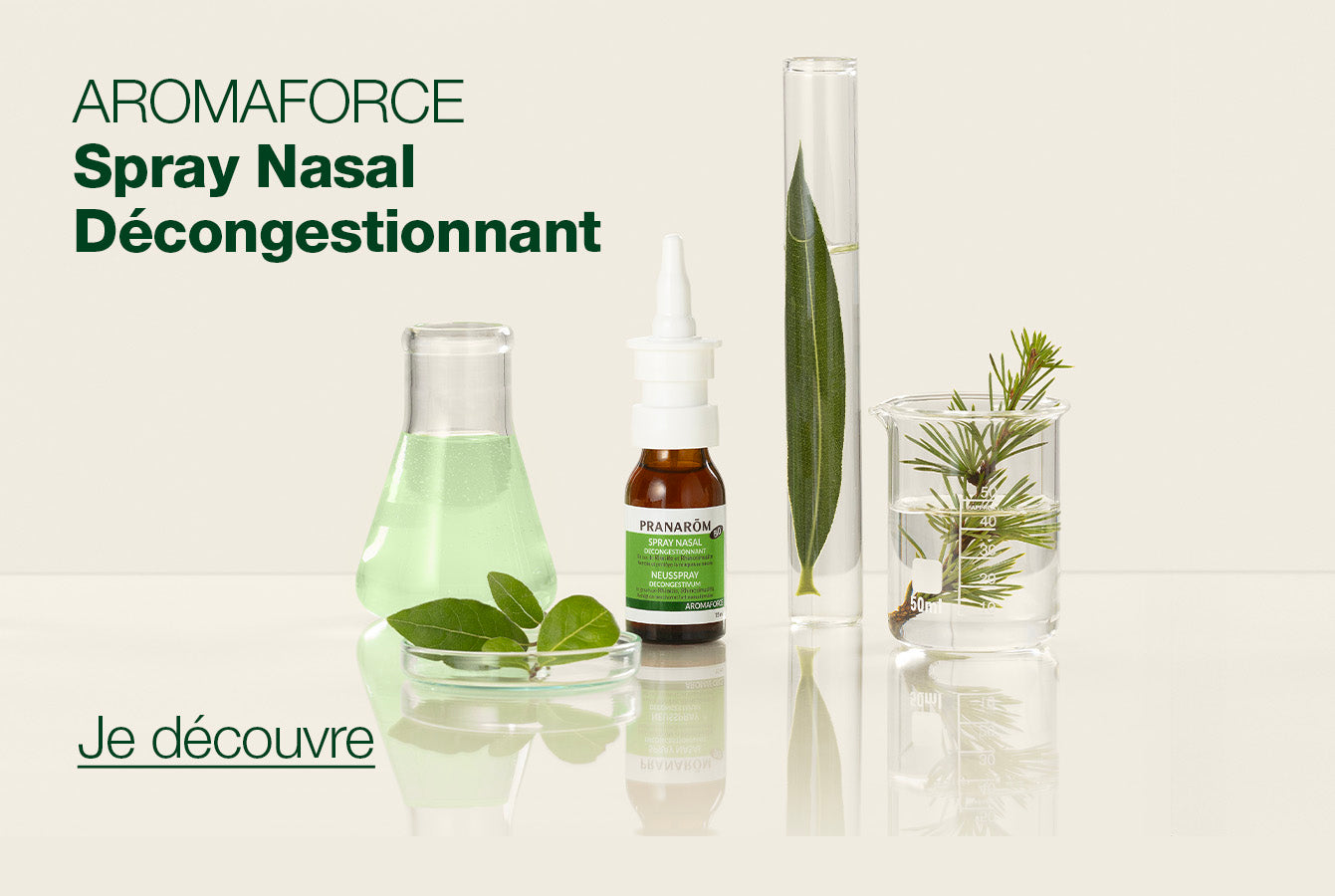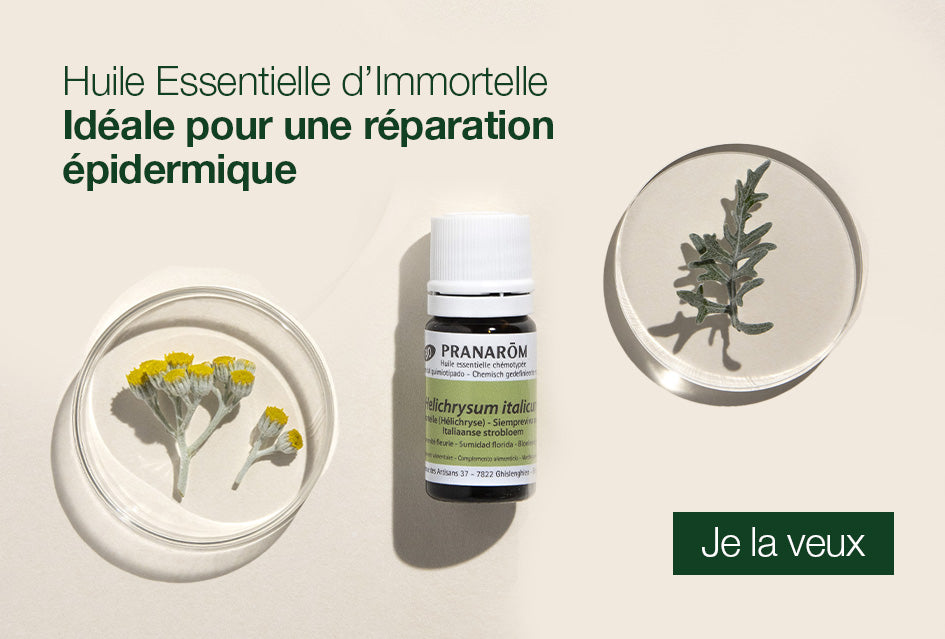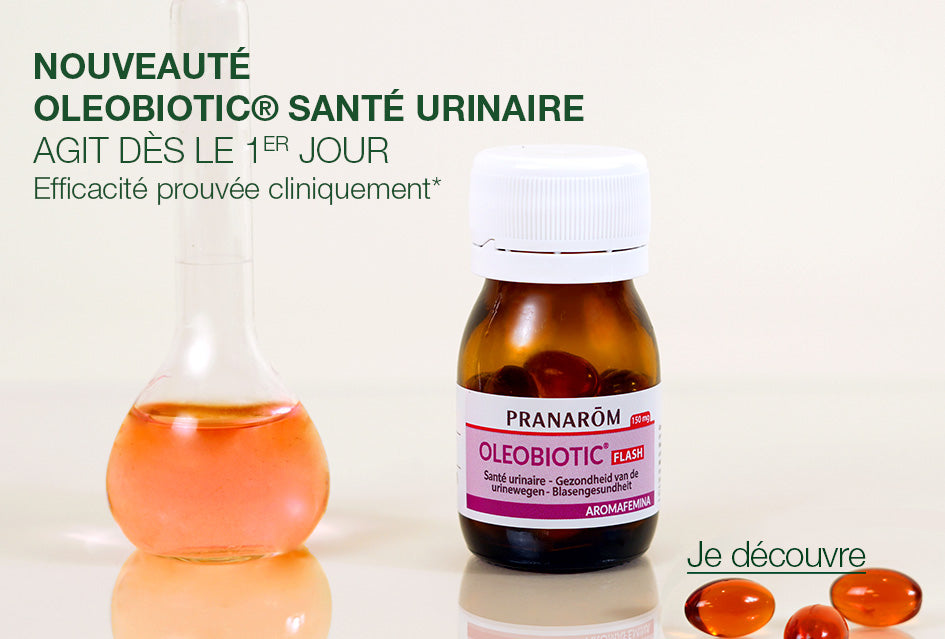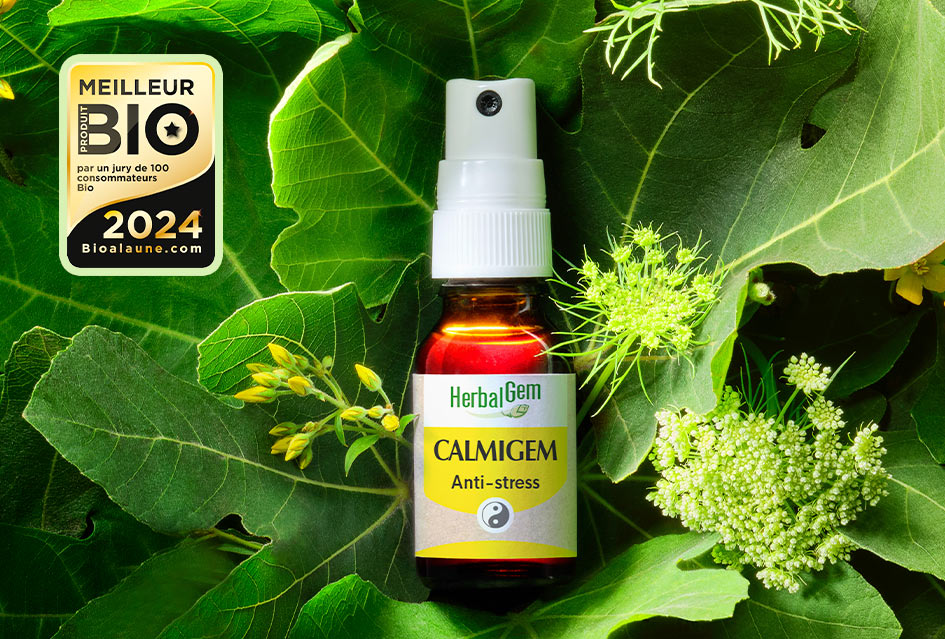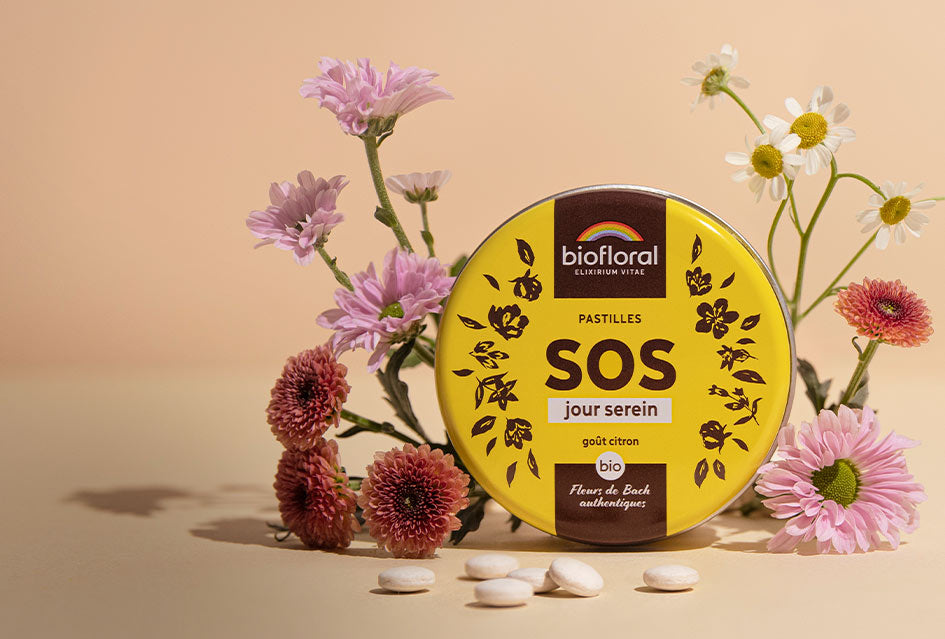OTHER INDICATIONS:
Angina, Mental asthenia, Physical asthenia, Bruises and bumps, Hot flashes, Cold sores, Headaches, Colitis, Slow digestion, Toothache, Muscle pain, Mental fatigue, Liver fatigue, Flatulence, Sluggish liver, Breath, Halitosis, Cold sores, Genital herpes, Hypotension, Indigestion, Heavy legs, Sore throat, Headaches, Motion sickness, Neuralgia, Insect bites, Rhinitis, Cold and stuffy nose, Sciatica, Sinusitis, Tendonitis, Digestive disorders, Urticaria, Chickenpox, Vertigo, Vomiting, Shingles


